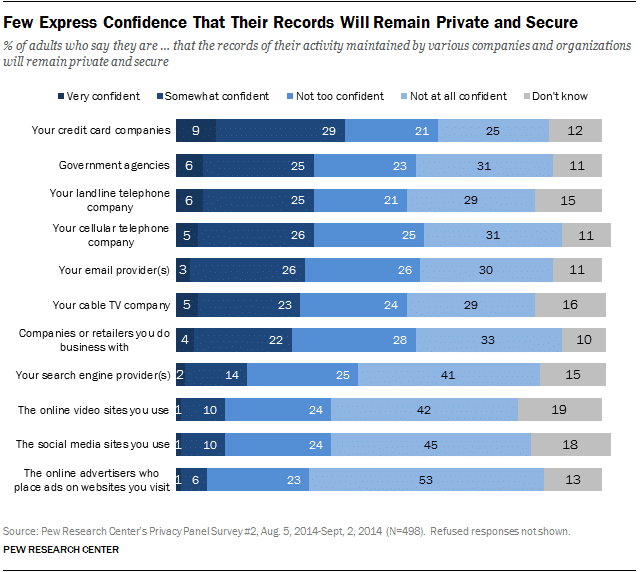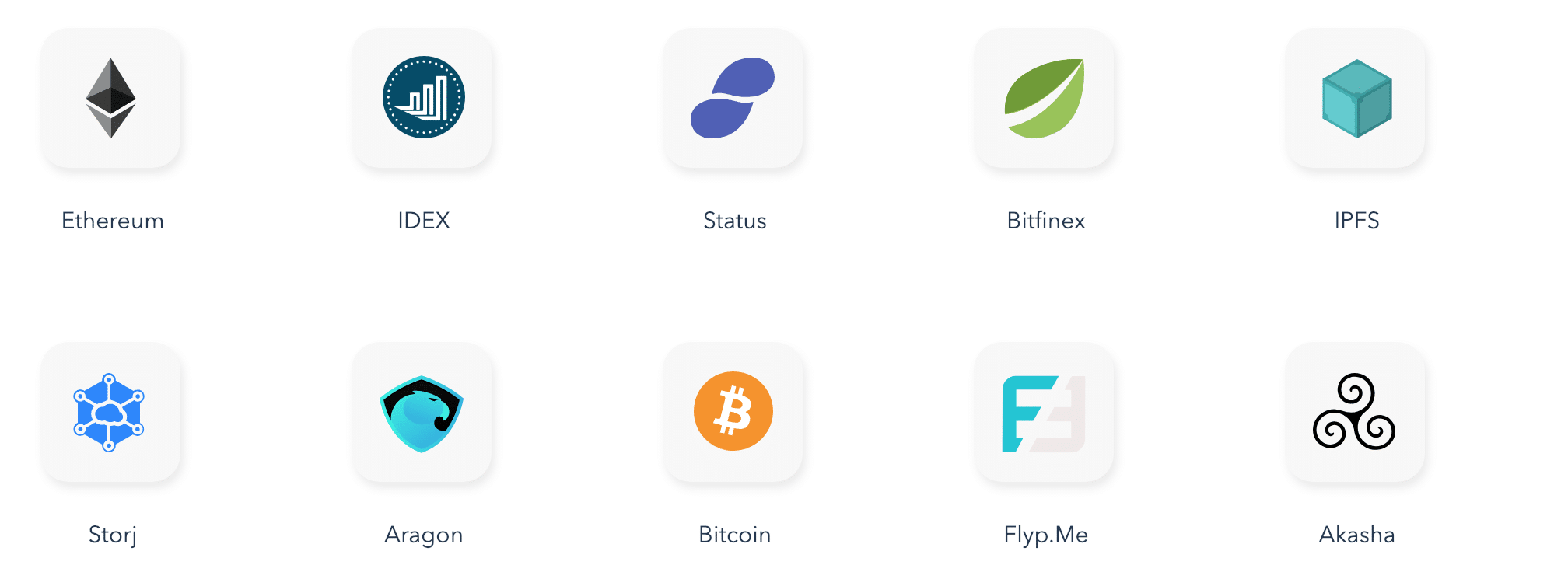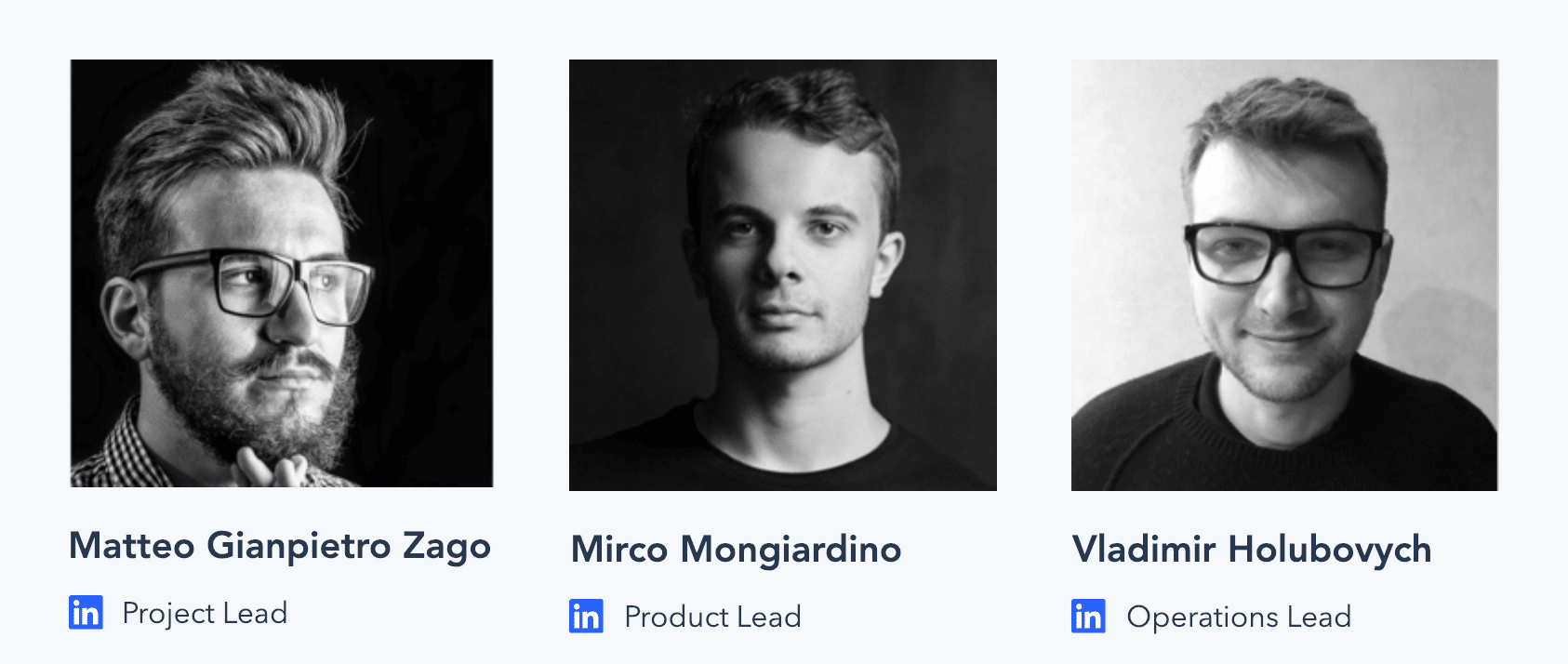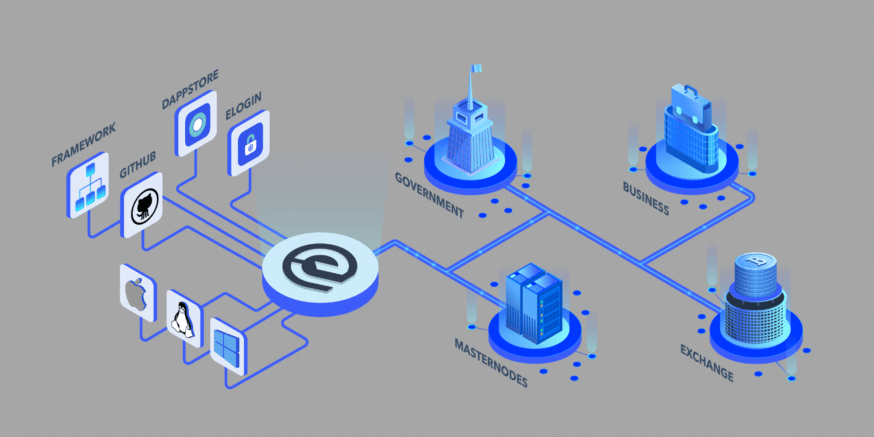The Essentia blockchain framework is a decentralized solution to protect user privacy, data, ID and assets across multiple blockchain platforms. While this provides an initial use case, the Essentia project foresees that further development of the framework will bring deeper levels of interaction between decentralized systems.
Here, we’ll dive into the details of the Essentia blockchain and what it does. In this guide we will cover:
- What Is the Essentia Blockchain Framework?
- How does Essentia Work?
- Coin Supply
- Roadmap and Team
- Trading History
- Competitors
- Where to Buy ESS
- Where to Store ESS
- Conclusion
- Additional Resources
What Is the Essentia Blockchain Framework?
Essentia was born out of a recognition that the model for centralized identity management is fundamentally broken. Each time we sign up for any kind of new service, including using current decentralized tools, we agree to another company or entity accessing our personal information.
High-profile incidents including Snowden revelations, the Facebook/Cambridge Analytica scandal and the Equifax hack have slowly eroded faith in companies to protect our data. Privacy is now a huge concern for many people, with a large majority of US citizens now saying that they have little to no confidence that their records will remain secure in the hands of various service providers.

The Essentia Solution
The Essentia blockchain framework aims to provide all users, even the least technically-minded, with control over access to their data. While the project makes it clear that decentralization is the solution, it also highlights that the current landscape is fragmented, with different platforms, tokens and interfaces for end users.
Put simply, Essentia is an intermediate layer that sits between current decentralized solutions. It serves as a gateway that protects user data and identity. By using this layer to access decentralized platforms linked into Essentia, users can choose to act anonymously, pseudonymously or publicly. It is entirely up to the user which of their data they share with the other platforms, and how the platform may share the data that the user chooses to disclose.
The scope of the privacy protocol isn’t just limited to personal data like name or date of birth. Essentia aims to cover a broader scope including desktops, files and documents, software, wallets and logins.
In line with the legislative requirements imposed by the European General Data Protection Regulation, users can also exercise their “right to be forgotten.” With Essentia, you can also delete anything you wish from the platform.
Essentia aims to work online or offline, with users able to access their seed from any of their devices, running on any operating system, anywhere in the world. Moreover, the user of Essentia blockchain doesn’t have to be a human. Users can also be machines such as servers or an IoT device.
The project has already integrated many existing major blockchain and crypto platforms including Bitcoin, Ethereum, Storj, Idex and Bitfinex among others.

How Does Essentia Work?
Essentia blockchain users have a single seed, which is accessible from anywhere using a smartphone, tablet or computer and available on operating systems including MacOS, iOS, Window, Linux and Android. To access the Essentia blockchain framework, users have to create a root ID (ESS-ID) by connecting to a node or running the software locally on their own machine.
A user will receive a pair of keys, which can sign, verify, encrypt and decrypt data, identities or accesses to services and dApps. Third-party IDs and logins are added as sub-IDs, so the ESS-ID acts as a kind of keyring that holds everything together. The recovery seed for the ESS-ID is a list of mnemonic words, which should be stored securely. All data is encrypted and stored on the decentralized Essentia blockchain network.
Components of Essentia
Essentia blockchain is a modular network that attains consensus through a hybrid PoW/PoS methodology. The system has three main components:
- Essences are groups of entities that interact on the Essentia network. They can be individuals, companies, groups or organizations. Interactions are managed by sub-IDs, permissions and smart contracts.
- Synergies enable the interactions between the different platforms, resources and modules of the system, governed by the PoS consensus. This module uses sharding to achieve a higher throughput.
- PoW miners create new blocks, in some cases grouped into mining pools.
This is an extremely high-level summary. There is a vast amount of technical detail underpinning the Essentia blockchain, too much to summarize in this guide. Suffice to say, for anyone who wants to dive into the details, the white paper and design paper provide highly comprehensive explanations.
Coin Supply
The coin of the Essentia blockchain is the ESS token, which is currently an ERC-20 token. It’s a utility token for accessing premium features of the Essentia system like extra storage, as well as serving as a mining reward.
The Essentia main net was due to launch in Q4 2018. However, the project recently announced the postponement of the launch while further testing is carried out. Once the main net is live, token holders will need to initiate an atomic swap of the ESS ERC-20 tokens to the ESS coins, which can be done within the Essentia blockchain desktop app.
There is a total supply of 1,755,313,373 ESS tokens, with 787 million in circulation at the time of writing.
[thrive_leads id=’5219′]
Roadmap and Team
Essentia ran a public ICO in June 2018, after raising $23.5 million in a private sale. The ICO was successful, reaching its target of $25.5 million through selling 40 percent of all available tokens. At the time of the ICO, the project was already running the first beta of the ESS framework.
Post ICO Essentia blockchain has focused on further system development, launching a public beta test and releases for desktop and mobile apps. The team has also been working on developing versions of Essentia for government and enterprise.
The next major milestone will be the main net launch, the date of which remains unclear. There will also be further integrations with wallets and apps. Jaxx and Exodus are both mentioned on the Essentia blog. A developer conference will happen during the first half of 2019.
Essentia Blockchain Team
A nonprofit called EssentiaOne, based out of Amsterdam, runs the project. The founders of Essentia blockchain are Matteo Gianpetro Zago (Project Lead), Mirco Mongiardino (Product Lead) and Vladimir Holubovych (Operations Lead).
Zago and Holubovych previously founded companies including Mobilife+, and Zago serves as a member of the Bitcoin Foundation. Mongiardino has a background in digital marketing.

The project also has a robust team of advisors, including Moe Levin who was an early investor in RSK Labs and Dropbox, and Erik Van Der Staak, advisor to the European Commission.
Trading History
There haven’t been any notable peaks or troughs in the price of ESS tokens since the public sale in June 2018. The value of the token has steadily declined over the months.
However, Essentia is one of the smaller projects, so it would be unreasonable to expect it to buck the overall market trend. The main net launch, whenever it may be, may see a rally in the token value.
Competitors
As Essentia is focused around data privacy, it’s not directly comparable to privacy coins like Monero. Therefore, a better comparator would be other privacy protocols. Enigma is one example. However, Enigma aims to bring privacy to smart contract transactions. Also, the underlying technology is quite different. Enigma uses multi-party computation to secure blockchain transaction, splitting encrypted transaction information across multiple nodes. Essentia relies on the security of the users private key to keep IDs and logins safe.
MaidSafe is another similar project but aimed at securing files.
Where to Buy ESS
ESS tokens are not currently available on a large number of exchanges, but you can buy them on Idex, Coinbene or Bitfinex.
Where to Store ESS
While ESS tokens are still based on the ERC-20 protocol, any wallet supporting ERC-20 storage is suitable. We always advise you use a hardware wallet like the Ledger Nano S for optimal security.
Essentia blockchain aims to integrate external wallets such as Jaxx. Therefore, we can perhaps assume that ESS may work with these other wallets once the atomic swap to the native coin is completed.
Conclusion
Essentia blockchain appears to be a fairly unique project in the space, with its aim to provide users with a single interface to multiple decentralized solutions. It’s a noble ambition and if it’s successful, it will definitely be a coin worth watching.
On the other hand, the project is currently ranking somewhere around 850 at the time of writing. Furthermore, there have been no reassuring price spikes in the trading history to provide an assurance to investors or traders that there is any chance of decent returns. It’s true that the project blog is very active and includes regular detailed updates. However, there is no confirmed date for a main net launch, which isn’t reassuring.
Overall, the verdict is that Essentia has much potential that as yet, hasn’t been realized. However, if a successful main net launch generates some further positive trading activity, that may yet change.






